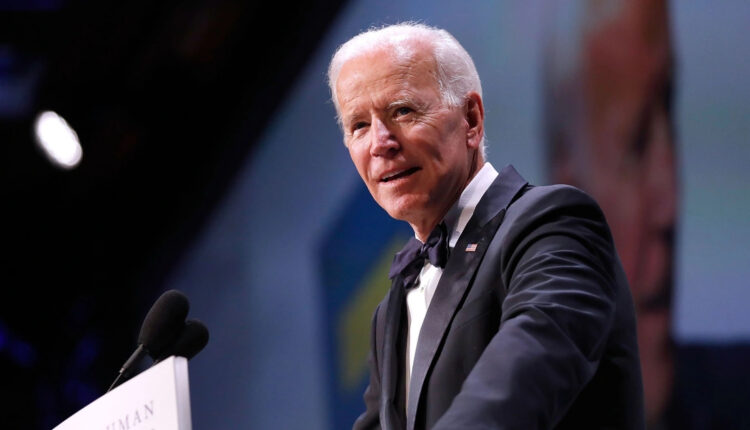
Federal Cannabis Laws and President Biden’s Pardons
The TDR Three Key Takeaways regarding Biden Pardon and Cannabis Policy Reform:
- Biden’s pardon is seen as a step towards correcting past injustices.
- Cannabis industry leaders see Biden’s actions as only a modest advance.
- Pardons are seen as a minor yet hopeful step toward comprehensive reform.
President Biden’s recent decision to pardon individuals convicted of nonviolent drug offenses has sparked discussions among advocates and critics, particularly concerning the impact on the cannabis community. This decision, affecting a relatively small number of people, raises broader questions about federal cannabis policies and the thousands still incarcerated for related offenses.
The action by President Biden included pardons for 11 individuals and sentence commutations for five others, focusing on older offenses that did not involve violence or large-scale drug trafficking. These pardons and commutations are viewed by many as progress in addressing past injustices exacerbated by stringent drug laws. However, this gesture also underscores the discrepancy between current public sentiment and federal law regarding cannabis.
Anthony Varrell, the Co-host of the TDR Trade to Black podcast, expressed mixed feelings about the extent of Biden’s pardon’s. “Is this moving the needle? Granted, it’s 11 lives that are better off today than they were yesterday. But there are 22,000 people incarcerated in state prisons for drug offenses and 10,000 at the federal level,” Varrell noted. He advocates for more substantial changes, especially concerning nonviolent cannabis offenses, reflecting the growing consensus that current laws are outdated.
Critics argue that while the Biden pardons are a welcome development, they barely address the core issue. There remains a significant number of individuals, particularly those incarcerated for cannabis-related offenses, who continue to serve time under laws that many states have since reformed or repealed. This situation highlights the growing disconnect between federal and state-level approaches to cannabis regulation.
The discussion is further complicated by the developing market dynamics of cannabis products, including THC analogues such as THCA, which are now crossing state lines and appearing in non-traditional settings like gas stations. This leap in distribution bypasses a federal framework that remains rigid and unchanged despite shifts in public opinion and state laws. For many advocates, Biden’s recent pardons actions, while positive, represent only a small step towards the needed reform.
The pardons signal that the administration is reevaluating harsh sentences from the war on drugs, highlighting the ongoing legal struggles and incarcerations under outdated laws. Biden’s actions may prompt more policy discussions and legislative changes, especially regarding the rescheduling of cannabis, to align federal policies with the changing legal status and public perception of cannabis. Want to keep up to date with all of TDR’s research and news, subscribe to our daily Baked In newsletter.



